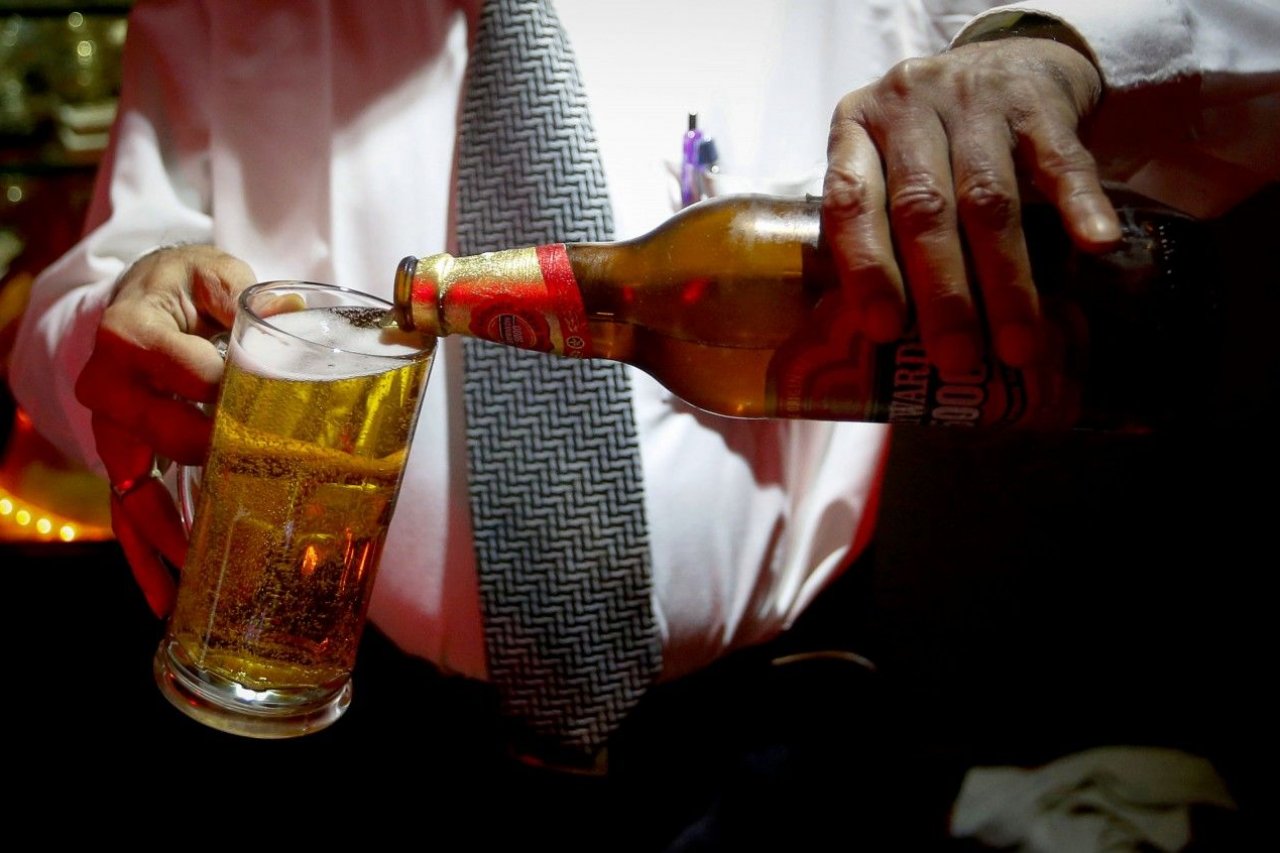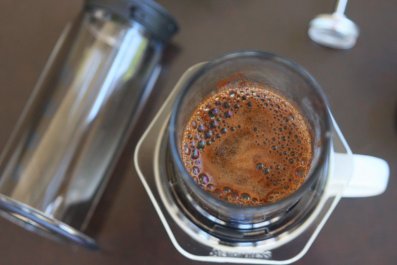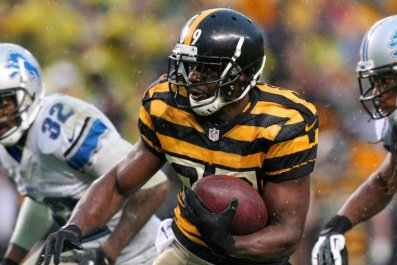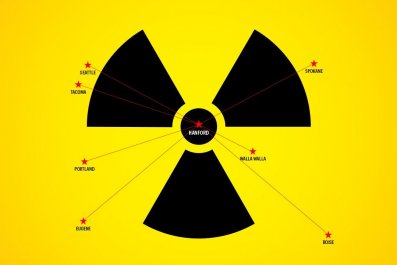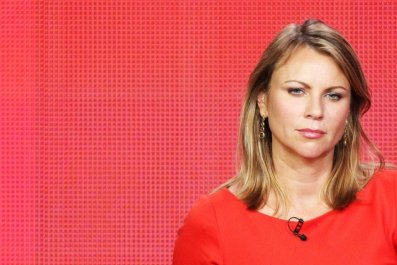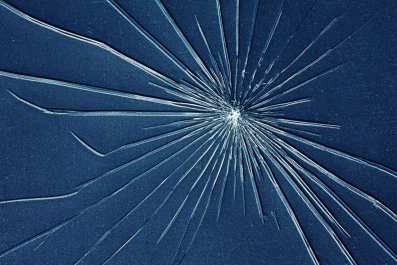Could hangovers soon be a thing of the past? The answer is yes - if you believe David Nutt, the Edmond J. Safra professor of neuropsychopharmacology at Imperial College London. Writing for The Guardian, he says five newly discovered compounds made it possible for him to synthesize an alcohol substitute that removes all negative effects associated with drinking, intoxication, and even the dreaded morning after. His substitute, which stimulates a very precise set of neurotransmitters, comes complete with a drunk-no-more antidote that offsets the buzz faster than you can put your glass down. Aside from eliminating throbbing headaches, irritability and light sensitivity, this booze substitute could cut the incidence of alcohol-related injuries and drunk driving accidents.
Nutt's inquiry into the neuroscience of hangovers and cocktails began with a central, indisputable fact: Alcohol is toxic. From both a psychiatric and physiological standpoint, alcohol is a destructive substance that impairs cognitive processes and bodily functions. Had alcohol been discovered, say, last year, officials would have slapped a top-shelf DEA classification on it, as it is commonly considered more harmful to the human body than heroin, crack, or meth.
To diminish the destructive forces in a shot of vodka, scientists must do some sophisticated reverse-engineering, and figure out how alcohol does what it does so well. "We know that the main target for alcohol in the brain is the neurotransmitter system gamma aminobutyric acid (GABA) which keeps the brain calm," Nutt wrote. "Alcohol therefore relaxes users through mimicking and increasing the GABA function. But we also know that there are a range of GABA subsystems that can be targeted by selective drugs.
"So in theory we can make an alcohol surrogate that makes people feel relaxed and sociable and remove the unwanted effects, such as aggression and addictiveness."
In other words, Nutt's substitute is designed to engage the same spectrum of neurotransmitters as alcohol, cocaine, heroin, and other stimulants. But unlike controlled substances, it doesn't really do anything else.
Nutt has identified five compounds that appear to induce this desired effect on the GABA system. Once they have been thoroughly tested, they could be used to synthesize a new brand of cocktail substitutes that only yield positive psychoactive effects. All buzz, no bummer. Additionally, these substitutes could be accompanied by an "antidote" capable of offsetting all effects, and allowing bar hoppers to drive home safely after closing their tab.
While the journey from neurological discovery to finalized booze substitute may seem long and expensive, Nutt is already one step ahead. "I have sampled both new forms," he said. "After exploring one possible compound I was quite relaxed and sleepily inebriated for an hour or so, then within minutes of taking the antidote I was up giving a lecture with no impairment whatsoever."



